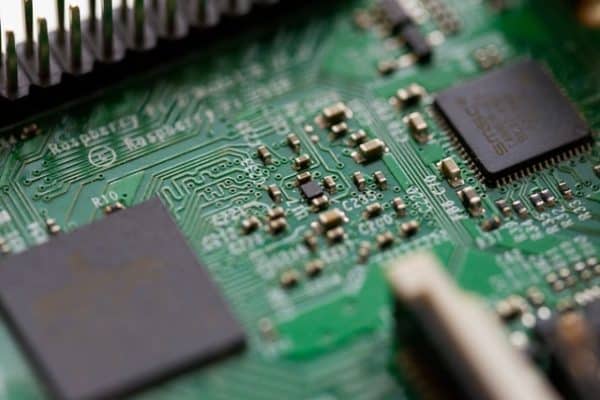DIY has become very popular over the last few years, with more and more people taking on the challenge of repairing things around their homes. As this niche has developed, though, people have started taking on bigger and bigger tasks, with electronics and appliances being common choices for those looking for a DIY challenge. Of course, though, working with electricity can be very dangerous, and this means that there are some rules you need to follow.
Turn It Off
While it will go without saying for many people, you need to turn off an appliance before you work on it. Unplugging it from the wall is perfect, but you may have to turn off the power directly if the item you’re working on is hardwired into the house. Electronics can often cause shocks when turned off, though, making it well worth being careful to avoid components like capacitors and transformers when you’re working.
Ground Yourself
Grounding yourself can be a good way to limit the impact of an electric shock on your body, giving the energy an easy way out that doesn’t cross your heart. You can buy kits that are designed for this, usually including a mat and an arm/leg band that should be worn for the duration of the repair. This can save your life if you get an electric shock, making it well worth taking seriously.
Use Non-Conductive Tools
You’re not the only thing you have to worry about when it comes to electric shocks. Thanks to the power that can be stored in circuits, touching the wrong part of a PCB with a tool can result in shorts that damage the machine. Using non-conductive tools can be a good idea, but options with plastic and rubber handles are also good. Using full-metal tools is usually a bad idea, as tools like this will be able to send electricity into your body.
Use The Right Parts
It can be tempting to salvage parts from other machines or make one yourself when you’re working on the electronics in your home. In reality, though, this can be very dangerous, and you should always use the right parts of the devices you’re working on. A heater contactor, for example, has to deal with high currents that could easily fry a component that isn’t up to the job.
Step Back
Not every appliance in your home will be fixable, and there may be some repairs that are simply beyond your skill level. It’s always a good idea to throw in the towel if you find yourself struggling with something like this, especially if you have a tendency to get frustrated. There are always professionals that can help, and at least you gave it a try.
With all of this in mind, you should be feeling ready to take on the challenge of working on electronics in your home safely. You should always keep your health in mind when taking on jobs like this, ensuring that you don’t hurt yourself in the process.





